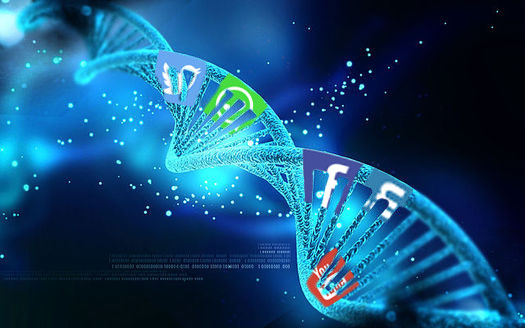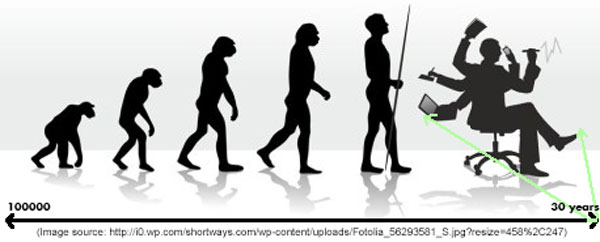Digital Mutants - A Reality?

In my last two posts I have written about Digital Mutants, as a hypothesis based on observation, experience and pure guesswork. I am not a prophetic, and certainly not Marshall McLuhan. When I wrote about Digital Mutants, it was just an idea, so I decided to do some research. What I read is not surprising, and at least partly vindicates my stance. Here is a small review of the literature I have found: A study done by researchers in Kings College, London found that there is a 39 per cent difference in the DNA of the highest and the lowest users of social media. They have attributed inherited genetic factors rather than environmental effects to these differences. You can read the full articles here: https://www.ft.com/content/419733b2-e181-11e6-9645-c9357a75844a https://www.thesun.co.uk/living/2686719/your-facebook-addiction-is-written-in-your-dna-your-genes-influence-how-long-you-spend-online/ https://www.sciencedaily.com/releases/2017/01/170123151411.htm Anothe




